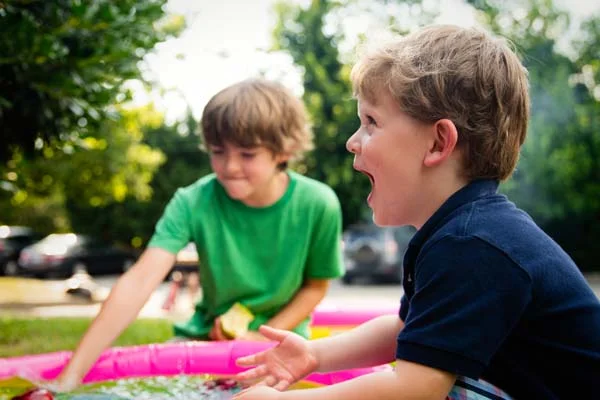7 Benefits of Play for Toddlers and Young Children
The Importance of Play for Toddlers and Young Children
Toddlers and young children of pre-school age playing and running around on the playground are engaging in the types of activities that are improving both their physical and emotional health while preparing them for further physical and social development.
Here are 7 benefits of play for toddlers and young children:
1: Physical development
The first and most obvious benefit of play is physical development. Pre-school age, children are getting used to running around in the great outdoors and perhaps even learning activities such as how to throw a ball or ride a bike. Active play helps with gross motor skills, whether it’s leaping on and off objects or sliding on a slide.
2: Socialisation and social skills
Toddlers also learn the basics of social skills, whether it’s asking a companion to play with them, apologising after accidentally knocking someone down, or learning to wait in line patiently to climb a ladder in the playground.
3: Imagination and creativity
Researcher and author Alison Gopnik has published numerous studies showing that play helps children with “what if” scenarios that stimulate imagination and creativity. Psychologist Edward Fisher has published studies showing the benefits of play for triggering creativity. The best type of play, he says, is “sociodramatic play,” which is what many of us call “pretend” or “make-believe” play.
4: Cognitive skills
There are two types of problem-solving: convergent (in which there is one single solution) and divergent (in which there are multiple different solutions). Play stimulates this divergent problem-solving, which is something that is difficult to teach in the classroom. In addition, short periods of play breaks – ranging in size from 10 to 30 minutes – can be a great way for children to re-focus on cognitive tasks. According to researchers, that’s why small recess (or playtime) periods of no more than 30 minutes are so important for young children.
5: Emotional skills
Toddlers and young children of pre-school age are still working through their emotions. Play helps children self-regulate these emotions. For example, the impulse for many young children is to grab a toy away from someone else when they want it. But play teaches children how to regulate these impulses.
6: Group interactions
On the playground, watch carefully how children interact in groups. Often, they will begin to engage in sophisticated group play even without parental urging. They will organise complex games of hide-and-seek and even start to make up new rules on the fly. Team play is fluid and dynamic.
7: Self-confidence and self-esteem
How many times have you been to a playground and heard a child exclaim, “Mommy, look what I can do!” For a parent, this might just be an amusing diversion, but for a child, it is a new feat to be celebrated. It’s a way of learning about their bodies and what they can do. With each new accomplishment, they are building self-confidence and self-esteem.
***
Thus, heading out to the playground with your toddler or young child has so many more benefits than just “working off excess energy.” Play can be a way for small children to develop physically, emotionally and psychologically.
RELATED POSTS:








There’s something about the way young children enjoy life that makes us nostalgic as we get older.